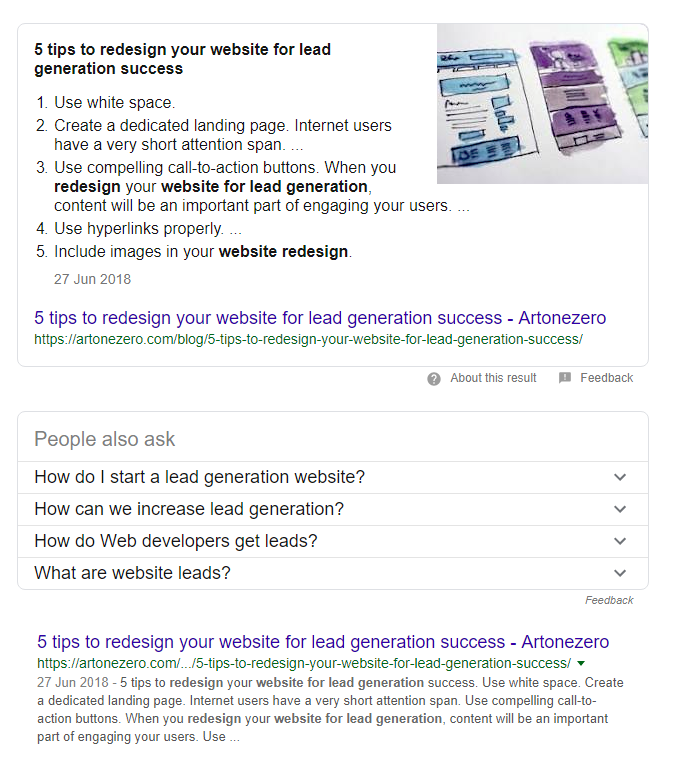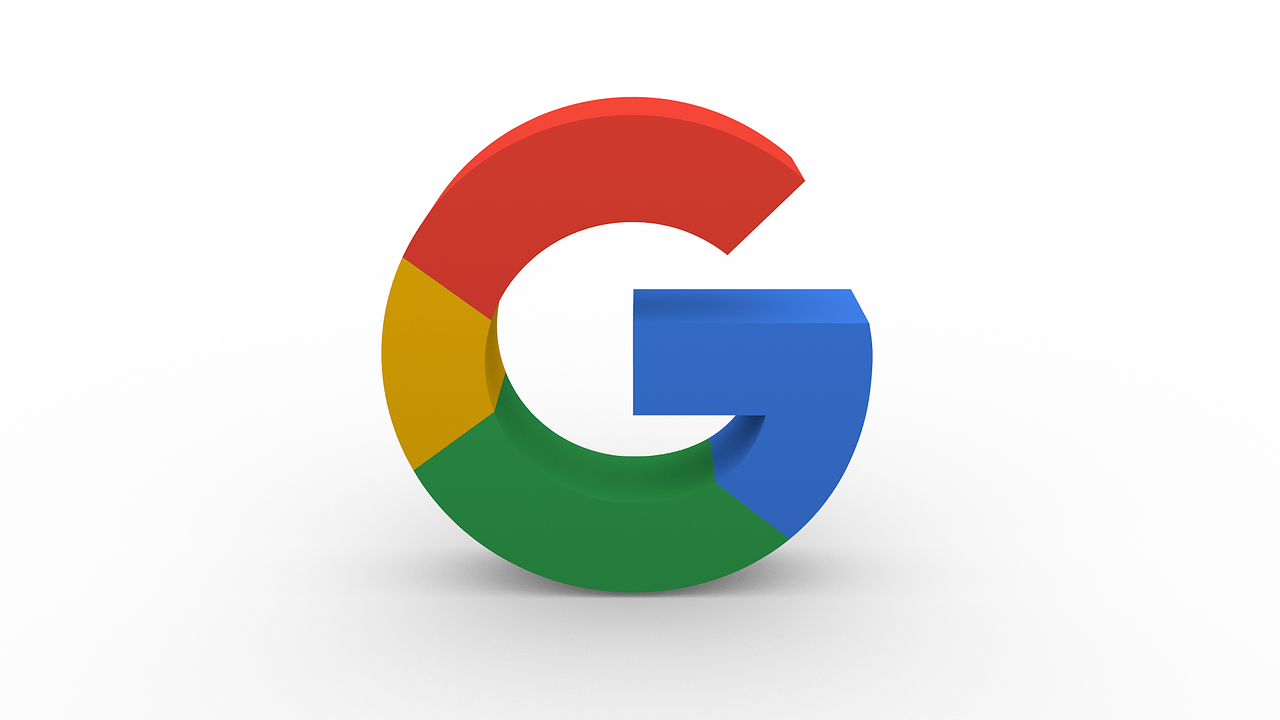7 SEO trends coming your way in 2019

Happy new year! With the 2019 fully underway, now is the time to make sure that you have your marketing plans for this year all set and ready to go.
One of your main marketing focuses for 2019 – and every year for that matter – should be your SEO strategy.
While 2019 will bring lots of new trends to your marketing strategy, such as Artificial Intelligence, SEO will continue to be one of your big mainstays. The SEO work that you carried out in 2018 will need ongoing tweaking and you will need to set completely new goals based on your performance last year.
The start of the new year is always the best time to get your SEO in gear for the year ahead, and to help you stay ahead of the game in 2019 we have put together these 7 SEO trends you can expect to see in 2019.
Voice search

In 2019 and beyond, we can expect to see an increase in voice search. According to predictions by ComScore, 50% of all searches by 2020 will be voice.
Way back at the start of 2018, voice search was defined as “an upcoming technology that allows users to access internet search results using nothing more than a smart device and their voice.”
Now, a year later, it is definitely safe to say that voice search is no longer “upcoming” and it is definitely a trend that your organisation needs to incorporate into your marketing strategy.
Optimising your website content for voice search isn’t going to be a walk in the park, as the keywords you use will be different from the ones you currently use. Instead of using keywords that your users type, you need to understand how your users talk to search engines.
Let’s try an example; instead of using terms that we would type into search engines, such as “men’s hiking boots”, users using voice search will opt for more human sounding queries, such as, “Google, can you find me the best bargains on men’s hiking boots in the UK?”
When optimising for voice search, you also need to make sure that your long-tail keywords strategy is in place. This is because most voice searches will take the form of long-tail keyword searches.
Mobile first indexing
In 2019 mobile SEO will be unstoppable. This means that you need to treat it with the same importance as your desktop SEO – especially the roll out of mobile first indexing.
To get your website mobile-ready and set for some seriously good SEO results there are a few initial tweaks you will need to make. Firstly, you need to make sure that your mobile load time is fast – very fast! Secondly, verify structured date for the mobile version of your site.
Once you have these first steps taken care of, you need to make adjustments to your website so that the user experience is excellent for mobile users. For example, are your Call-To-Action buttons sized appropriately for your users to click? In addition, do your page headlines need to be shortened to fit mobile screens?
Social Media

Social media as a ranking factor has been the talk of the SEO community for a very, very long time. In fact, even as far back as 2010, Google said social media was a ranking factor. However, in 2014, Google said that social media probably isn’t a ranking factor – confusing right?
This leaves us with a hot question; is social media an SEO ranking factor in 2019? The answer is, it would seem so. Hootsuite recently ran a test and found that the number of social media pages finding their way into Google’s SERPs has grown “exponentially”.
This means that if you really get stuck in with your social media efforts in 2019, they can complement your SEO strategy.
So, in 2019 you should spend some time and budget putting together a solid social media marketing campaign. Make sure that you produce consistent content that offers value, and engage and interact with your many followers.
Video content
If your organisation isn’t using video content already, then now is the time to get started – according to Business Insider video content is expected to dominate the SERPs by 2021.
Internet users have a huge appetite for video content, and Google has responded to this. THis means that you need to up your video marketing efforts and produce more video content.
The great thing about video content is that it can cover almost any format: how-to videos, tutorials, interviews, reviews – the list goes on and on!
WIth this, if your video content is especially useful, the chance of your gaining more backlinks (which are goldust for SEO) will increase massively.
Oh, make sure you optimise your videos for mobile too.
Personalised content
Put simply, the more personalised content, the higher you will rank. Why? Because personalised content improves user engagement, which increases click rates and conversions – all of which improve your ranking.
Through 2019, personalisation is what your customers will begin to expect. By leveraging your audience’s profiles, you will be able to give them more of what they want and less of what they don’t.
To do this, you will need to start tracking user behaviour data at each stage of the buying journey. With this data, you will be able to provide content that your users want and need at any given stage of their unique buyers journey.
PPC
PPC (Pay Per Click) – also known as Paid Search- is when you pay a set fee to Google each time a user clicks on your ad. These ads are placed at the top of search results for a particular keyword.
PPC can both be a blessing and a curse for your marketing strategy. Whereas PPC will sky-rocket your ad for a selected keyword at the top of Google searched, users also know that it is a paid for ad and might choose not to click on it for that reason.
However, PPC is a massive revenue generator for Google, and you can expect PPC to be pushed more in 2019. For Google’s part, they will most likely be making ads blend in better with organic search results. On your part, you will need to utilise your PPC ads to increase click opportunity.This means choosing relevant keywords and writing compelling meta descriptions that convince a user that you are offering what they want and refining your landing page so that it is relevant to your ad. In short, provide the information that your user expects to see when they click your ad.
Google Featured Snippet

The Google Featured Snippet is the first result that appears for a particular query. It is the answer that Google thinks offers the most in-depth and valuable answer to the user’s question.
Google will be putting more importance on the featured snippet in 2019, which means competition for the spot will be high. To succeed in grabbing the pole position, you will first need to understand the categories that stand the most chance of ranking as a featured snippet.
In addition, you need to do your research into what keywords will most likely rank as a featured snippet. Long-tail queries stand more of a chance than shorter ones, as are high-volume keywords. A good way to get more ideas is to check Google’s “people also ask” section.
Once you have done this, produce a valuable and in-depth piece of long-form content that answers the question while summarising the answer in the first paragraph.
Get on top of your SEO in 2019
By getting to grips with these 7 trends, you will get your SEO off on a flying start in 2019. Keep referring back to this article as the year goes on to make sure that you are on top of executing your SEO strategy. Be fast though, your competitors won’t be standing around, so make sure that you don’t either.




